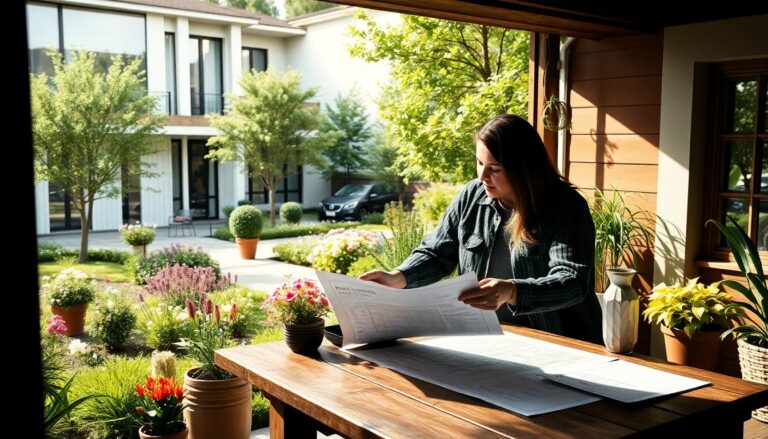Engaging in the real estate market for a second home can be rewarding yet complex. Whether seeking a tranquil vacation retreat or an investment property to generate rental income, the journey of buying or selling a second home requires careful consideration and strategy. This article outlines pivotal steps and practical
advice to help navigate these transactions with confidence.
Before entering the acquisition or divestiture process, it is crucial to conduct a thorough assessment of the property in question. For sellers, understanding the market value is essential to setting a competitive price that attracts potential buyers. Conversely, buyers must determine whether the asking price aligns with market conditions and property value.
Evaluating your property
There are several effective avenues to evaluate a second home.
Engaging a seasoned real estate agent can provide valuable insights, as they can offer a comparative analysis based on recent sales in the area. Additionally, investing in a professional property appraisal can deliver a comprehensive evaluation, detailing the property’s condition and any necessary renovations.
Understanding financing options
Financing represents another critical aspect when acquiring a second residence. Assessing your financial health and credit score is vital, as a higher credit rating can
facilitate access to better mortgage terms. It’s also important to account for additional expenses such as property taxes, insurance, and maintenance costs, which can significantly impact your budget.
When securing a mortgage for a secondary property, be aware that lenders often require a larger down payment compared to purchasing a primary residence. Additionally, interest rates may be higher, necessitating careful comparison of different financing options to identify the best plan for your needs.
The buying and selling process
Once you have assessed the property and established financing, you can embark on the buying or selling journey. Sellers should ensure their home is in optimal condition before listing it. This may involve performing minor repairs and making aesthetic upgrades that enhance the property’s appeal and potentially increase its market value.
Preparing legal documentation
Regardless of whether you are buying or selling, preparing the necessary legal documents is a crucial step. Essential documents include the sales contract, property tax records, and any energy performance certificates that may be required. Consulting with a legal professional specializing in real estate law is often advisable to ensure all paperwork is accurate and compliant with relevant regulations.
Navigating the complexities of buying or selling a second home can be daunting. However, with thorough preparation and an understanding of the market, the process can be smooth. By accurately evaluating your property, understanding your financing options, and preparing the proper legal documentation, you can position yourself for success in your real estate endeavors.

